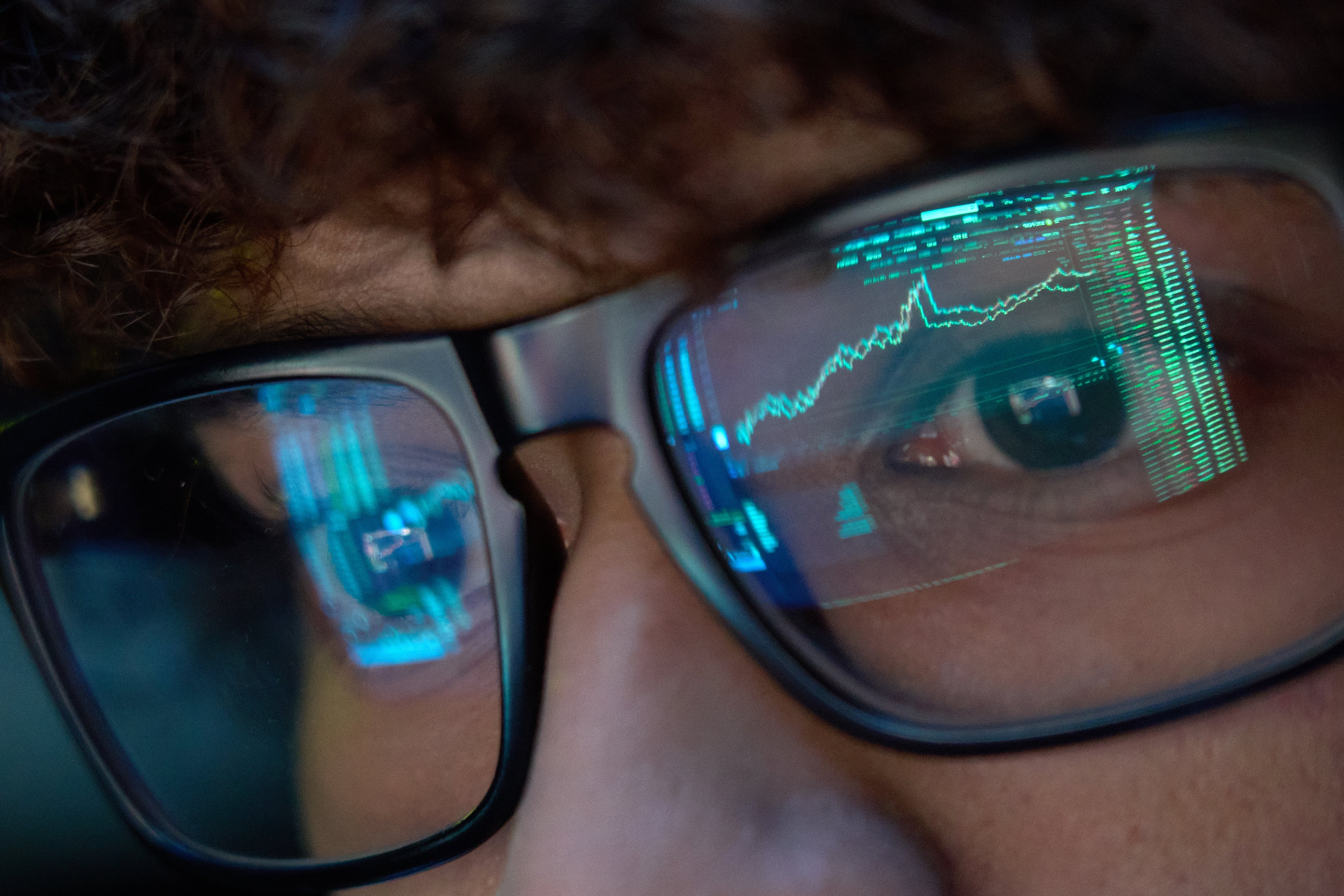Once in a while, a new technology comes along on which fortunes are built. Personal computer. The internet. Artificial intelligence (AI). Some people profited tremendously from investing early in companies that became big winners in each of these technologies.
Now, another such opportunity is available. Quantum computing holds the potential to transform multiple industries. Unsurprisingly, many investors see dollar signs before their eyes when they look at the rising stars in the field, such as D-Wave Quantum (QBTS 6.56%), IonQ (IONQ 4.22%), and Rigetti Computing (RGTI 6.05%). Which of these quantum computing stocks is the most likely millionaire-maker?

Image source: Getty Images.
Comparing quantum technologies
If you've seen one quantum computer, you've seen... one quantum computer. Different companies use different quantum technologies.
D-Wave Quantum employs an approach known as quantum annealing. It's designed primarily to focus on optimization and search problems. Quantum annealing uses superconducting materials to build quantum computers. These superconductors have no electrical resistance at extremely low temperatures. D-Wave's Advantage2 Quantum Processing Unit (QPU) is a superconductor-based annealing quantum computer that can solve complex problems.
IonQ uses a trapped-ion architecture to build its quantum systems. The company traps individual ionized ytterbium (a rare-earth metal) atoms. It then builds linear chains of these trapped ions to create qubit (the basic unit of information in quantum computers) gates. IonQ ultimately uses these qubit gates to run complex algorithms. The company's approach requires minimal cooling and has a superior error correction rate compared to other quantum computing methods.

NYSE: IONQ
Key Data Points
Rigetti Computing believes superconducting is the best method of developing quantum computers. One key reason behind the company's view is that superconducting systems can support more qubits. While other companies are also taking this path, Rigetti's full-stack development approach arguably gives it a key competitive advantage. The company operates the first dedicated quantum foundry. Its Cepheus-1-36Q ranks as the largest multi-chip quantum computer.
How D-Wave's, IonQ's, and Rigetti's businesses stack up
A great technology only goes so far. Companies must create viable businesses, too. How do D-Wave's, IonQ's, and Rigetti's businesses stack up against each other?
D-Wave's market cap currently hovers around $12.5 billion. The company generated revenue of $3.1 million in the second quarter of 2025, up 42% year over year. Its net loss was $167.3 million. D-Wave's cash position at the end of Q2 topped $819 million. It has over 100 paying customers, including Accenture (ACN 1.41%), BASF (BASFY +2.56%), and Mastercard (MA 1.52%).

NYSE: QBTS
Key Data Points
IonQ is the largest of these three quantum computing companies, with a market cap of around $21.8 billion. Its revenue soared 82% year over year in Q2 to $20.7 million. The company posted a net loss of $177.5 million. Its pro forma cash position as of July 9, 2025, was $1.6 billion. IonQ's customers include telecom giant BT Group (BTGO.F 3.69%), Samsung (SSNL.F +56.02%), and T-Mobile (TMUS +0.34%).
Rigetti's market cap is roughly $13.9 billion. The company's revenue totaled $1.8 million in Q2, down from nearly $3.1 million in the prior year period. Its bottom line looked less scary than the other two quantum computing leaders, though, with a net loss of $39.7 million. Rigetti's cash position totaled $571.6 million at the end of Q2. The company's customers include the U.S. Air Force Research Lab, the U.K. National Quantum Computing Centre, and Moody's (MCO 1.17%).

NASDAQ: RGTI
Key Data Points
Most likely millionaire-maker?
Which of these quantum computing stocks is the most likely millionaire-maker? I think it's too soon to know which technology will be the best. Each approach offers some important benefits.
If the decision was based solely on success thus far, IonQ would be the winner. The company is bigger than its two rivals. It's raking in greater revenue. IonQ also has a larger cash stockpile.
The odds are decidedly against any of these three stocks turning a relatively small upfront investment of $10,000 into $1 million over the next 10 to 20 years. However, if I had to pick one as the most likely to achieve this goal, it would probably be IonQ.











